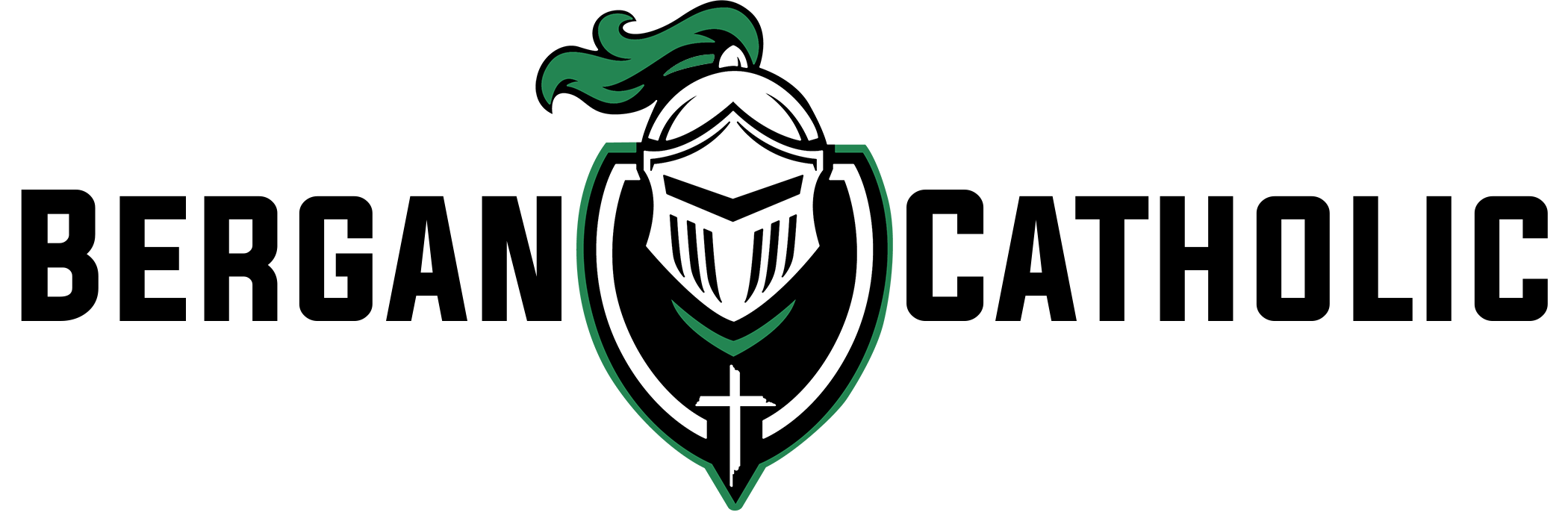Common Estate Planning Mistakes
Contact Nichole Owsley at nichole.owsley@berganknights.org today!
An estate can be a terrible thing to waste. Lack of, or improper, estate planning can cost you money in the form of taxes and probate, and create headaches for your heirs. Here are nine estate planning mistakes to avoid.
1. Assuming you don’t need an estate plan. Sure, only a small percentage of estates each year actually pay federal estate taxes. Even if estate taxes are not a concern, planning your estate can save your heirs valuable time and possible income taxes. If you don’t plan your estate, the state will do it for you.
2. Failure to keep good records. It’s difficult for your heirs to sort out your estate if they don’t know where to find your will, insurance policies, banking, and other documents. In fact, every year millions of dollars go unclaimed because heirs don’t know about investment and bank accounts.
3. Leaving your entire estate to your spouse. You can pass on your estate to your spouse free of estate tax (unless your spouse is not a U.S. citizen). However, if the estate tax laws are amended, as they have been several times in the past decade, your spouse’s estate may owe taxes when he or she dies. This potential problem can be eliminated or minimized through the use of trusts, gifting, etc.
4. Not having a will. A will is a legal document designating who is to receive your estate property at your death, as well as naming guardians for your children and appointing your estate’s personal representative. It is the most fundamental document in your estate plan, yet 70% of American adults don’t have a will.
5. Assuming a will is a complete estate plan. For many estates, a properly drafted will is sufficient. But for many more estates, additional planning may be in order.
6. Not using the annual $16,000 gift tax exclusion. You can give away $16,000 a year ($32,000 if your spouse is included) to each recipient free of gift tax. This can be an easy way to move potentially taxable assets out of your estate, or receive an income tax deduction by making a charitable gift.
7. Keeping life insurance in the estate. Buying additional life insurance, perhaps to pay for potential estate taxes, can add to your estate problems if it’s kept in the estate. The proceeds won’t be subject to income taxes, but they will be subject to estate taxes. Use of an irrevocable life insurance trust is often the solution.
8. Failure to update your estate plan. Marriage, death, birth, inheritances, and changes in tax laws may compel a modification of your existing estate plan, including changing beneficiaries, adding a trust, and so on.
9. No need to list charitable interests. Not specifically listing charitable bequests you want funded through you estate may result in no funding to those entities. Often, in the midst of the emotions involved with settling a loved one’s estate, things are forgotten or misunderstood. Being specific in your estate plan documents is always the best approach.
In all planned giving cases, it is recommended to contact a professional advisor.
